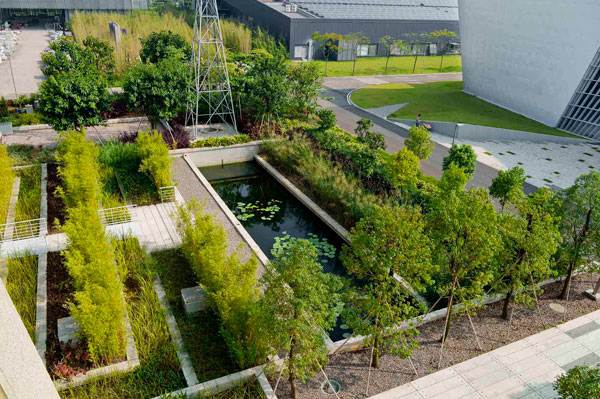Eco-Friendly Homes in Pakistan: Building a Greener Tomorrow

Introduction
As Pakistan faces rising urbanization and climate challenges, the demand for eco-friendly homes is growing. Today’s homeowners are increasingly seeking properties that support a sustainable lifestyle—with energy-efficient features, green materials, and water-saving systems. Developments like Falaknaz Greens, One Beverly, and The Mega Mall are taking steps toward offering green, future-ready homes that reduce environmental impact without compromising on comfort or luxury.
What Is an Eco-Friendly Home?
An eco-friendly home is designed to reduce its carbon footprint and resource consumption by integrating:
Sustainable materials
Energy efficiency
Water conservation systems
Waste reduction techniques
Smart home technology
These homes are not only better for the planet but also offer long-term cost savings for residents.
Why Eco-Friendly Homes Matter in Pakistan
Pakistan is among the countries most vulnerable to climate change. Frequent heatwaves, water shortages, and pollution have made sustainable living more urgent than ever. Traditional construction methods often ignore environmental concerns, leading to wasteful resource use and unhealthy living conditions.
By contrast, eco-friendly housing:
Reduces electricity and water bills
Promotes healthier indoor air quality
Increases property value and demand
Supports national sustainability goals
Key Features of Eco-Friendly Homes
1. Solar Energy Systems
Modern residential projects like Falaknaz Greens are exploring solar panel installations to:
Power common areas
Reduce dependency on the grid
Lower energy costs for residents
Solar energy is a clean, renewable resource that can significantly reduce electricity expenses over time.
2. Efficient Water Management
At One Beverly, innovative water conservation features could include:
Low-flow taps and toilets
Rainwater harvesting systems
Smart irrigation for green spaces
These measures reduce water consumption and ensure sustainable landscaping without waste.
3. Sustainable Building Materials
Eco-friendly homes utilize:
Recycled or locally sourced materials
Non-toxic paints and sealants
Insulated windows and roofing
Using green materials ensures thermal efficiency, reducing the need for artificial heating or cooling.
4. Smart Home Integration
Intelligent automation systems allow residents to:
Control lighting, temperature, and appliances
Monitor energy use in real time
Optimize consumption to reduce waste
Smart homes in The Mega Mall’s residential units are ideal for environmentally conscious urban dwellers who value efficiency and control.
The Role of Green Certifications
Globally, standards like LEED (Leadership in Energy and Environmental Design) and EDGE (Excellence in Design for Greater Efficiencies) help measure a building’s sustainability.
Although such certifications are still emerging in Pakistan, they are increasingly recognized and valued, especially in luxury and investment-grade developments.
Developer Perspective: Building for a Sustainable Future
Forward-thinking developers see eco-friendly construction as both a responsibility and a market advantage. While green buildings may have higher upfront costs, the long-term benefits include:
Operational savings
Improved reputation
Higher occupancy rates
Attracting environmentally conscious investors and buyers
Projects like Falaknaz Greens are already reaping the rewards of this shift.
Eco-Friendly Living Beyond the Home
Sustainable living extends beyond individual units. It includes:
Recycling and waste segregation systems
Community gardens and green rooftops
Walkable neighborhood layouts
Access to public transport or EV charging stations
Communities built around these principles create healthier and more connected lifestyles.
Final Thoughts
Eco-friendly homes are no longer a trend—they are the future of real estate in Pakistan. With environmental concerns rising and urban living evolving, buyers are seeking spaces that align with their values and ensure long-term sustainability.
By integrating green technologies, energy-efficient systems, and sustainable materials, developers like those behind Falaknaz Greens, One Beverly, and The Mega Mall are pioneering a movement that will define the next generation of living spaces.


